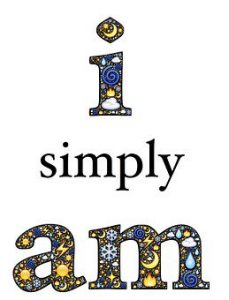I had a dream on Tuesday that I found somewhat disturbing, so I decided to write it down and try to make some sense of it. In this dream, my husband and I were wealthy, and we lived on an estate with a lovely view and many large, majestic evergreen trees.
Some of the trees had grown so large that they were starting to encroach on a concrete parking area for visitors. I said something to my husband about needing to get that taken care of, and then I left for the day. When I returned, two trees nearest the parking area had been totally cut to the ground. There was nothing left of them but logs waiting to be hauled away. I was furious that my husband had decided to have the trees cut down, without even discussing it with me, when I only wanted to hire someone to trim a few branches. Then I woke up, still feeling angry.
In real life, we don’t have any large trees in our yard, and my husband doesn’t do much landscaping beyond mowing the lawn. He hasn’t gotten rid of anything around the house that I wanted to keep, either. So I am interpreting the trees not as referring to actual trees or things, but more generally as symbols of stability, being grounded, having strong roots, and so forth.
Apparently, there are some worries lurking in my subconscious mind that if I am not constantly on my guard, I’ll be undercut, and whatever I rely on to be grounded and rooted in my life might suddenly be taken away. The villain of the story wouldn’t necessarily be my husband or anyone in particular; I’m guessing that this dream was mainly a reaction to all the instability in the world this year. Perhaps being wealthy in the dream was a reminder that we still have many reasons to be thankful.










